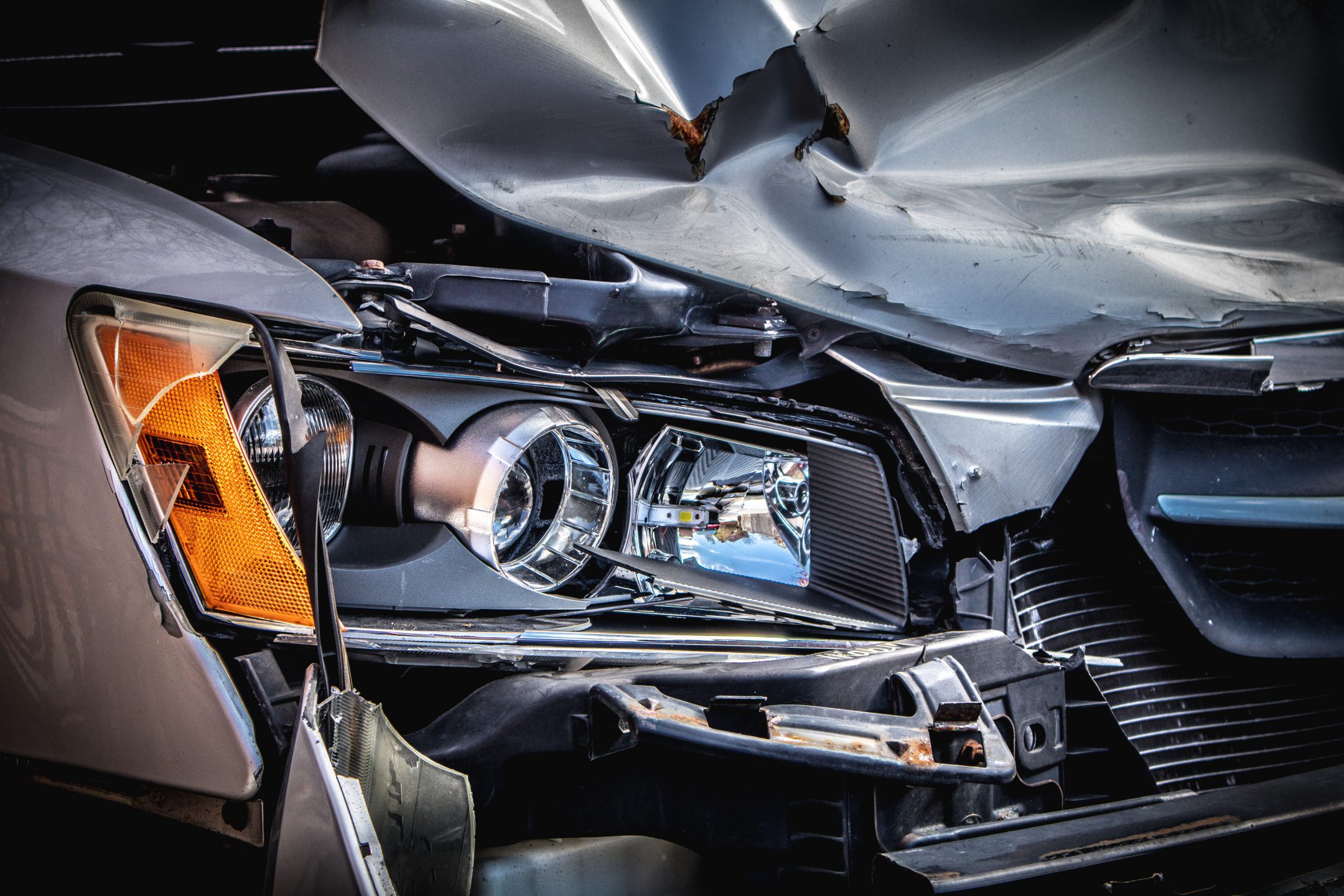Rollover accidents can occur in any vehicle, but are more common in taller, narrower, top-heavy vehicles such as SUVs, trucks and vans. SUVs have been found to rollover three times more often than standard passenger vehicles.
Rollover crashes often lead to serious injuries, and sometimes even death. According to the United States National Highway Traffic Safety Administration, rollovers have a higher fatality rate than all other types of motor vehicle accidents.
There are several factors that can affect the severity of the accident, including the skill of the driver, environmental conditions and the type of vehicle.
WHAT CAUSES ROLLOVER ACCIDENTS?
In most cases, rollover accidents are caused when the vehicle’s centre of gravity is altered. There are also other causes of rollover accidents, which include:
- Tripping – running over a rock, pothole or other obstruction on the roadway;
- Taking a turn too quickly;
- Driving off of a cliff or into a ditch;
- Speeding;
- Unsafe distribution of weight;
- Defects associated with the car’s suspension system or tires;
- Being struck from the side or t-boned by another motor vehicle;
- Poor driving judgement;
- Distracted driving or impaired driving; or
- Striking or driving up onto a guardrail, median, barrier or other roadway divider.
The majority of rollover crashes can be avoided. Failing to pay attention to the road and surroundings is a common risk factor of rollover accidents. Driver fatigue and driver distraction can result in swerving off the road and hitting loose gravel or rails that “trip” a vehicle.
Defective tires, brakes and suspension systems can increase the likelihood of one losing control of his/her vehicle or make a vehicle more susceptible to flipping over. Also, the negligent maintenance of a vehicle’s brakes or suspension system can be extremely dangerous.
Many vehicles are equipped with stability control technology, which can prevent a rollover from occurring. Vehicles manufactured after 2012 are equipped with this feature.
Electronic stability control (“ESC”) is a computerized technology that detects loss of steering control. It uses a sensor that works to detect loss of traction and then compensates for the loss of traction. If a vehicle is skidding, ESC measures the direction of the skid and applies brakes to each wheel asymmetrically.
COMMON INJURIES THAT OCCUR IN ROLLOVER ACCIDENTS
Head Injuries
Individuals involved in a rollover accident are likely to suffer a head injury. Cuts and lacerations are two of the most common types of head injuries, although skull fractures or traumatic brain injuries can occur as well.
Neck Injuries
Individuals can suffer from whiplash, nerve damage, broken bones, slipped discs and lacerations to their neck as a result of a rollover accident.
Broken Bones
If you are involved in a rollover accident, broken arms, legs, ankles and other bones are likely to occur as the impact can crush your bones.
Spinal Cord Injuries
A rollover accident can subject your spine to a lot of pressure and therefore result in permanent damage to the spinal cord. A spinal cord injury may result in localized paralysis, paraplegia or quadriplegia along with painful and debilitating back injuries.
Internal Injuries
Rollover accidents can cause injury to internal organs as they may become pierced by parts of the vehicle, objects inside the vehicle or external objects upon ejection from the vehicle.
TIPS TO PREVENT ROLLOVER ACCIDENTS
The majority of motor vehicle accidents are entirely preventable. The legal team at Cuming & Gillespie LLP would like to provide the following recommendations to prevent a future rollover accident:
Practice Safe Driving Habits
Driving at the posted speed limit on rural or unpaved roads can help prevent rollovers and also decrease the chance of a rollover being fatal.
It is especially important to pay attention while driving and avoid texting, talking on the phone or eating. Distracted driving decreases an individual’s reaction time.
Most rollovers occur when a driver turns their steering wheel too fast in an attempt to avoid an accident or stay in their designated lane. It is also important to ensure that you and all of your passengers wear seatbelts in order to prevent serious injuries if a crash does occur.
Properly Maintain Your Tires
Tires play an important part in preventing rollover accidents. Tires should be checked once a month and especially before embarking on a long car trip to ensure they are properly inflated in accordance with the vehicle’s recommended standards.
Balance Your Vehicle’s Load
Overloading a vehicle decreases the vehicle’s stability and puts it at risk for a rollover. A vehicle’s centre of gravity is highly correlated with rollover accidents. Thus, a top-heavy vehicle has a much greater likelihood of rolling over during an accident. Be sure to review your owner’s manual to determine your vehicle’s recommended weight limit.
It is also recommended that you place the heaviest cargo in the centre of the vehicle to improve the overall stability of the vehicle and decrease the chances of a rollover.
If you or a loved one have been involved in a rollover accident caused by defective products, faulty maintenance or the negligent actions of a third party and have suffered severe injuries it is important that you contact an experienced personal injury lawyer today. Cuming & Gillespie LLP can help evaluate your specific case to determine whether you have a valid personal injury claim. Please contact the experienced and award winning lawyers at Cuming & Gillespie LLP online or at 403-571-0555 for a free consultation to determine how we can help you recover compensation for your injuries.

